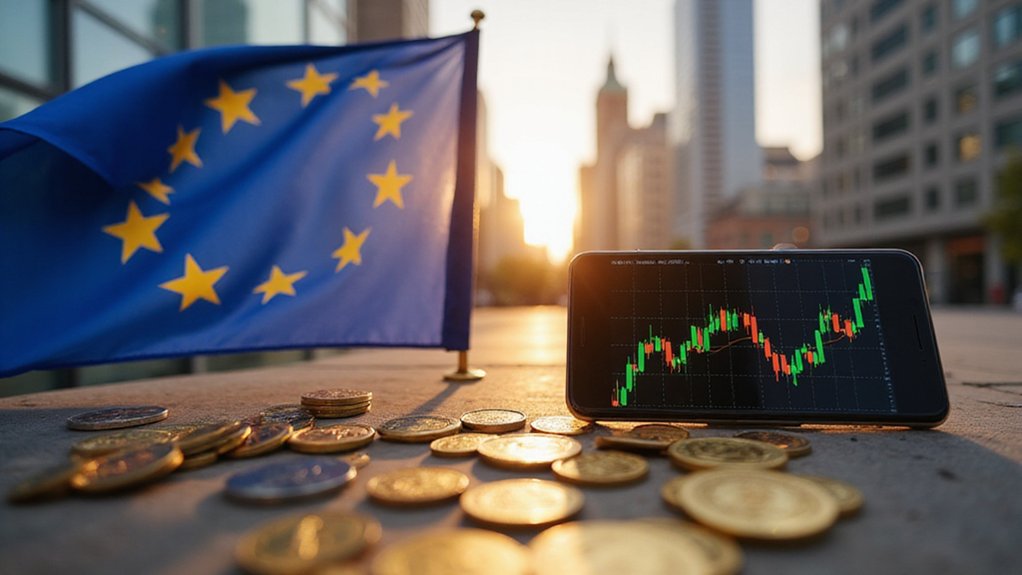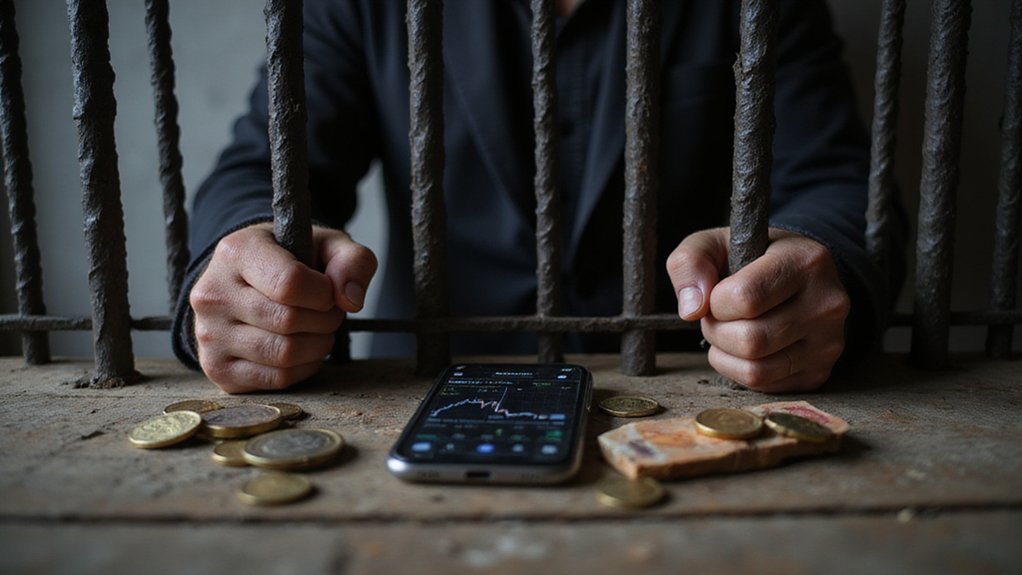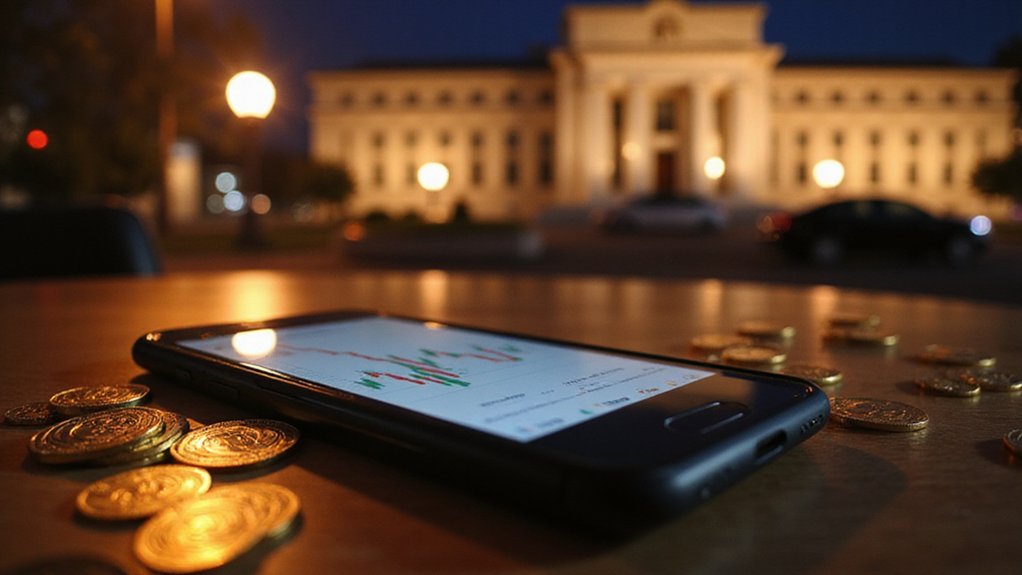Amsterdam-based cryptocurrency exchange Bitvavo has secured a MiCA license from the Dutch Authority for the Financial Markets (AFM), marking a significant milestone in the platform’s European expansion strategy. This regulatory endorsement transforms the exchange’s operational landscape, eliminating the previously cumbersome requirement to secure separate registrations across individual European jurisdictions—a process that must have felt rather like collecting passport stamps, except far more expensive and bureaucratically tortuous.
The Markets in Crypto-Assets (MiCA) framework represents the European Union’s ambitious attempt to standardize digital asset regulation across all 30 European Economic Area countries. Under this unified regulatory umbrella, Bitvavo can now serve over 2 million potential users throughout the EEA, a considerable expansion from its previous fragmented approach requiring distinct approvals in France, Austria, Italy, and Spain. One might wonder why it took this long to realize that crypto assets, being inherently borderless, might benefit from similarly borderless regulation.
MiCA’s stringent requirements encompass enhanced consumer protection standards, thorough financial transparency obligations, and mandated custody practices for digital assets. These provisions, while certainly increasing operational complexity, position Bitvavo as a legitimate institutional-grade platform capable of attracting both retail and institutional investors seeking regulatory certainty in an otherwise unpredictable sector.
The license acquisition aligns strategically with Bitvavo’s ambitions to dominate European crypto trading markets. By reducing regulatory burden and associated costs, the exchange can redirect resources toward service expansion and market penetration rather than maneuvering multiple regulatory frameworks—a invigoratingly efficient approach in an industry not particularly known for operational streamlining.
This development signals broader implications for the European crypto ecosystem. MiCA compliance sets new industry standards, encouraging operational excellence while promoting a safer trading environment across member states. Other exchanges will likely pursue similar licensing, fostering a more regulated market environment that paradoxically encourages innovation through regulatory clarity.
Bitvavo’s achievement represents more than mere compliance; it demonstrates the EU’s commitment to fostering a transparent, secure digital asset economy. The exchange’s enhanced credibility amid increasing regulatory scrutiny positions it competitively within the evolving European crypto landscape, supporting long-term business sustainability while potentially opening doors for increased institutional investment across European markets. While centralized exchanges like Bitvavo benefit from regulatory clarity, the growing DeFi ecosystem continues to challenge traditional financial intermediaries by enabling direct peer-to-peer transactions without requiring centralized oversight.









